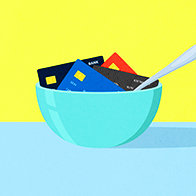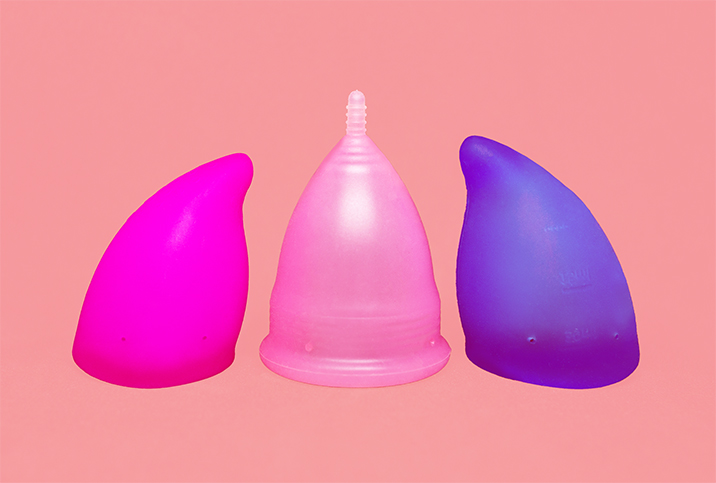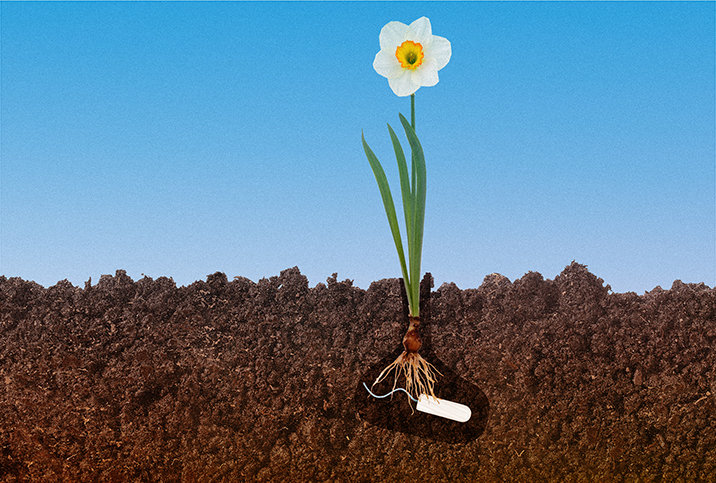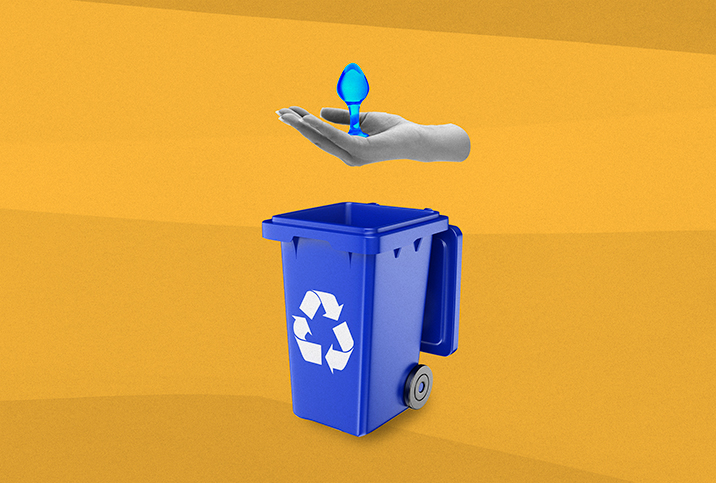'Green' Hygiene Helps You Look Good While Caring for the Planet
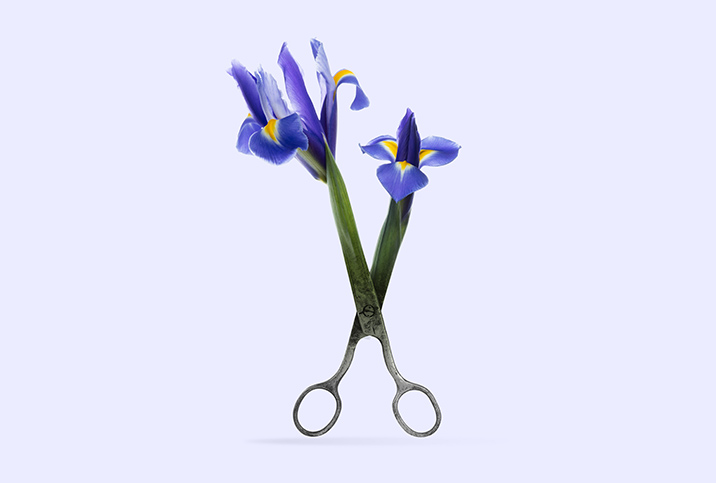
The average American consumer spends more than $100 per month on grooming products, many of which come with unfavorable environmental costs and potential health risks. This is not a small segment of the retail market in the United States. The beauty and personal care products market size was estimated at more than $81 billion in 2019 and is expected to grow to almost $130 billion by 2030, according to market research.
The popularity of single-use plastic—designed to be used once and thrown away—began about 50 years ago, but the items quickly became an environmental regret. Produced from fossil fuels, nonbiodegradable and rarely recycled, plastic has become one of the planet's most pressing enemies. About 90 percent of plastic found in the ocean is single use. An estimated 100 million animals die each year from plastic waste in the ocean.
A typical bathroom has dozens of products packaged in plastic, such as body wash, shampoo and conditioner, moisturizer, toothpaste, hair styling products, makeup and nail polish remover. Even toilet paper comes wrapped in plastic.
Producing, packaging and transporting beauty and personal care products will likely continue to create a negative environmental impact for the foreseeable future. However, with a little education and research, you can make "green" hygiene choices that, hopefully, will do less harm to the planet.
Making a difference
"Switch away from using personal care products in plastic containers," advised Sara Zellner, Ph.D., founder of Saz Healthy Living in the Washington, D.C./Baltimore area, where she coaches health and wellness with a focus on environmentally sustainable living. "Plastic—particularly, single-use plastic—is bad for the environment. There are several companies that now provide soaps, shampoos and other personal care products in refillable jars that you return to the company when they need to be refilled."
If you're interested in change, use your dollars. Each purchase you make supports a company's practices and values.
Danielle Vincent has firsthand experience with the profit versus values challenge as the owner of Outlaw Soaps, a company based in Sparks, Nevada, that sells a variety of personal care products.
"As a manufacturer, I feel like I have the unique opportunity to create an outsized impact with my choices for my business," Vincent said. "Not everyone gets to make decisions that impact a hundred thousand households, so I take this responsibility seriously."
Start with the backbone of personal cleaning products: body soap.
"Bar soap uses less packaging than body wash, period," Vincent continued. "The bars tend to last longer provided they have good airflow, and they can be shipped in paper packaging."
Even if you prefer body wash to soap, you can still make environmentally friendly choices. For instance, Outlaw is one of many companies that package their liquid body wash and lotion in aluminum canisters.
"We made a difficult decision to use aluminum even though it's more expensive than plastic," Vincent explained. "Plastic is not as recyclable as aluminum and it isn't as durable in the recycling process, so the demand for recycled plastic is not as high as aluminum. The pumps are plastic, though, so bars are still the better option."
Choosing 'clean' ingredients
"Look for products without endocrine disruptors, like phthalates, found in cosmetics, and triclosan, found in products with antimicrobial properties," Zellner advised. "Endocrine disruptors consist of a variety of chemicals that mimic the body's hormones, altering the endocrine system and natural hormonal production. They have been linked to lower fertility rates, increased risk of cancers and problems of the neurological and immune systems in humans and wildlife."
Beyond health effects, some ingredients may have hidden environmental impacts, Vincent warned.
"Microbeads, for example, were a staple in over-the-counter exfoliants, but they came with a tragic side effect: They washed down the drain and were too small to be filtered," she explained.
Though these tiny microbeads seemed insignificant, they wreaked havoc on the environment. Eventually, the Microbead-free Waters Act of 2015 was passed, banning the use of rinse-off microbeads in cosmetics, including toothpaste, in the United States. While this marked a positive step forward, other plastic eventually decomposes into very tiny pieces and causes the same problems as microbeads. Microplastics are too tiny to capture easily, and fish and birds eat them thinking they're eggs. These microplastics are in the meat and milk of farm animals. And now they're in our bodies, too.
Make efficient online purchases
"Every purchase leaves a carbon footprint," Vincent said. "Reducing the number of online orders you make means you save fossil fuel, packaging, etcetera. When possible, buy in bulk and group purchases together. Subscriptions are a good way to make sure you always have what you need when you need it and that items ship together."
You're not braving the field alone, either. Many resources can point you to the best purchasing options for the environment. Irete Hamdani is an entrepreneur and founder of askBelynda, a Google Chrome extension that helps consumers reduce their carbon footprint by recommending sustainable products as they shop online.
With a variety of green hygiene products available—from reusable cotton facial rounds to bar shampoo and conditioner to bamboo toilet paper that uses no plastic in its packaging—it only takes a little looking to find excellent low- or no-waste items to replace what is currently in your bathroom.








